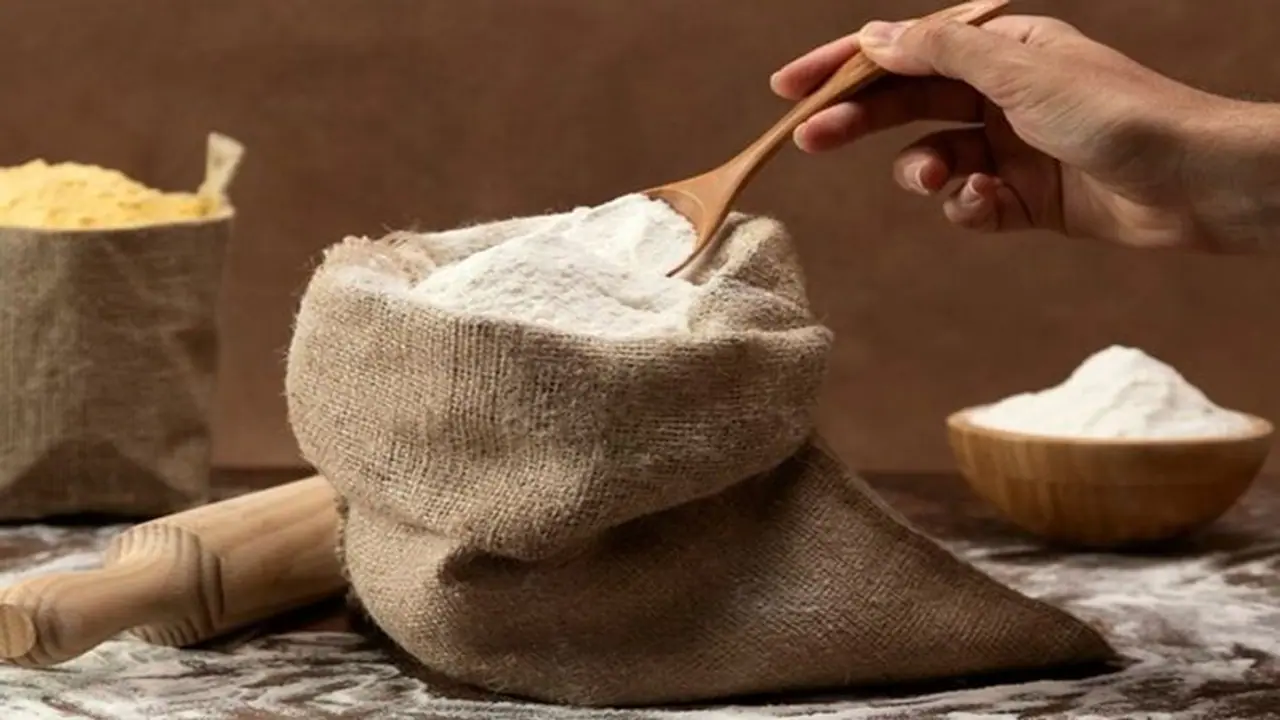Throughout the Indian subcontinent, maida, or white flour, is widely used to prepare a variety of traditional meals and recipes. Often found in large volumes in fast food, white flour is sometimes known as the "white poison" because of the dire health effects it can cause.
We already know that maida, commonly referred to as all-purpose or refined flour, is unhealthy. However, it appears in our diet in a variety of forms, such as bread, cakes, pizza, burgers, noodles, and so on.
Important fibers and nutrients required for digestion are taken out during the flour-making process. Food items consisting of maida are not very filling because they lack fiber. In addition to the wasted calories, this causes you to overeat overall.
While foods like samosas, gujia, halwa, and gulab jamun made with maida may be delicious, they come with several health hazards. Some of them are listed below:
1. Digestive Problems:
Maida's low fiber content makes it difficult to digest, which frequently results in constipation. To maintain regular bowel movements and a digestive system in good working order, it is recommended to limit your intake of maida.
2. Diabetes:
Due to Maida's high glycemic index, an abrupt and severe insulin response may occur. This may raise the risk of type 2 diabetes and cause inflammation. Maida's high GI causes sugar to be released into the bloodstream, which might result in a blood sugar increase.
3. Heart Problems:
One further important reason maida is hazardous for your health is that it can raise your body's levels of bad cholesterol, or LDL. This raises the risk of heart stroke and causes a number of heart-related issues.
4. Harmful to the Gut:
A typical sort of flour used in numerous recipes is called maida. But another name for it is "glue to the gut." This is due to the fact that ingesting maida causes it to become sticky and might block the digestive tract. As a result, eating foods high in fiber is advised since they may aid in colon cleansing.
5. Results in Weight Gain:
It has been shown that maids can only satisfy your hunger for a short period of time. It increases your capacity and promotes overindulging. Moreover, because of its high carbohydrate content, it secretes more insulin, which contributes to weight gain and obesity.
